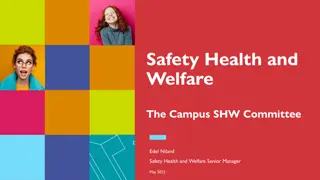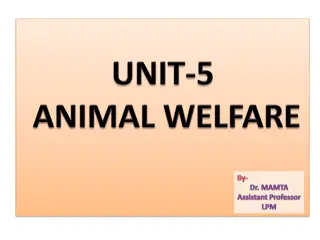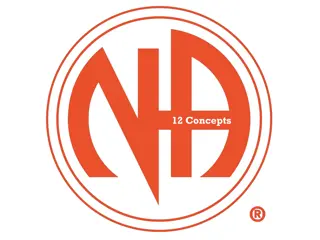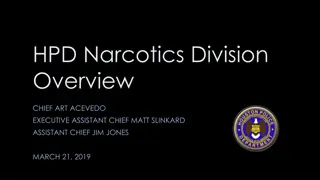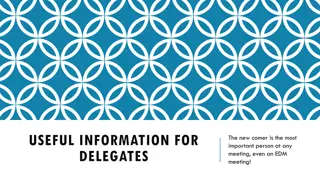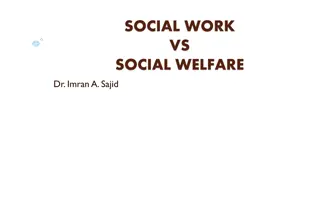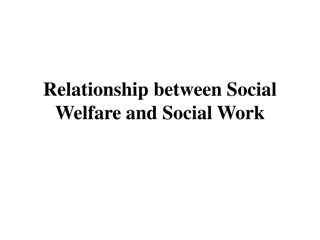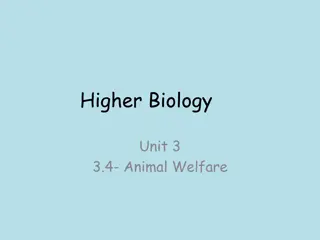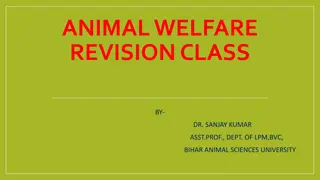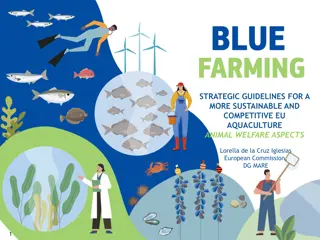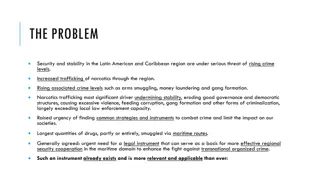Understanding Common Welfare in Narcotics Anonymous
Explore the concept of common welfare in Narcotics Anonymous, where prioritizing the well-being of the group over individual desires leads to unity and growth. Discover how this principle guides members to support each other and the fellowship for mutual recovery and success. Learn how Tradition Four and Five reinforce the importance of common welfare in group autonomy and primary purpose. Engage in discussions to deepen understanding and promote collaboration in upholding common welfare values.
Download Presentation

Please find below an Image/Link to download the presentation.
The content on the website is provided AS IS for your information and personal use only. It may not be sold, licensed, or shared on other websites without obtaining consent from the author. Download presentation by click this link. If you encounter any issues during the download, it is possible that the publisher has removed the file from their server.
E N D
Presentation Transcript
Our Common Welfare Must Come First. But What is That? Louis H, Chicago & Laura B, Albuquerque October 29, 2022
Common Welfare Guiding Principles Putting our common welfare first gives us a way out of the self-obsession at the core of our disease. When we think of ourselves less and our fellows more, we contribute to NA unity. We set aside differences to help a newcomer. Friendships survive disagreements and grow stronger. We start to trust that NA is strong enough to hold us. Guiding Principles at 3.
Welfare Definition Guiding Principles Welfare is a word that s used more than it s understood. Welfare typically refers to our health, comfort, and well- being. Many definitions of this word also mention safety and happiness. When Tradition One suggests that our common welfare should come first, it s telling us that the well being of the group should be more important than the desires of the individual. Together, as a Fellowship, we all share a common responsibility for each other and for the Fellowship that makes our personal recovery possible. Guiding Principles at 4.
Common Welfare It Works: How and Why Each of us is equally responsible for NA s well being. at 125 Our First Tradition requires not only our members, but our groups to place our common welfare first. at 126 Groups work together in a spirit of cooperation to ensure the survival of Narcotics Anonymous at 126 The common welfare of NA depends on the continued growth and well-being of the fellowship in every corner of the world. at 126
Tradition Five Overlaying all of this are other Traditions, most notably, Tradition Five: Each group has but one primary purpose, to carry the message to the addict who still suffers. Meeting common welfare needs plays a big role in fulfilling our primary purpose.
Tradition Four Tradition Four also plays a role: Each group should be autonomous, except in matters affecting other groups or NA as a whole. Does group autonomy apply to our common welfare needs? Does autonomy allow groups to address different common welfare needs?
What Does All of This Mean? You Tell Us! Small Group Discussion Setup: Each table choose a facilitator. Choose a note taker/secretary. Go around the table and hear people s answers. Choose the top three responses. Select a spokesperson to share the top three responses to the large group.
Small Group Discussion 1 What are your welfare needs in NA? When you choose to attend an NA meeting, what are you seeking? When your welfare needs are being met, what does that look like?
Large Group Discussion 1 Let s go around the room and hear what you ve found. Can we add anything? Which of these things are part of our common welfare? Which of these things are not part of our common welfare? Do all NA groups have to have the same common welfare needs? Is that level of autonomy allowable? Is it disunifying if some groups have different common welfare needs?
Small Group Discussion 2 Everyone knows people who got clean in NA, are staying clean, but have chosen to go elsewhere for their recovery. What do these people say about NA? Why do they prefer going elsewhere for their recovery? What about NA is not meeting their welfare needs?
Large Group Discussion 2 What did you learn? What other things have we heard? Can we address these things? If so, how?
Small Group Discussion 3 There is a general sense that NA in the United States is not growing. Post pandemic, NA is shrinking in many places. Dating from before COVID-19, there are many geographic areas in the US that are nowhere near NA meetings. Several Conference cycles ago, one of the issue discussion topics was Who is missing from our meetings and why? Let s address that question again, but from a different angle.
Small Group Discussion 3 Part 1: Who is staying in our meetings, and why? How can we expand that success to other communities that are missing from our meetings? Part 2: In considering those communities that are missing from our meetings, do we even know what their common welfare needs are? If not, what can we do to discover what those communities common welfare needs are? Once we fine out, are we willing to do what we need to do to meet those common welfare needs, as Tradition One stresses?
Large Group Discussion 3 Part 1 Who is staying and why are people staying? How can we build on this success? What can we add?
Large Group Discussion 3 Part 2 Do we know the welfare needs of communities not presently in NA? Any ideas for how we reach out to these communities? Things we can do to meet these welfare needs. Anything to add?
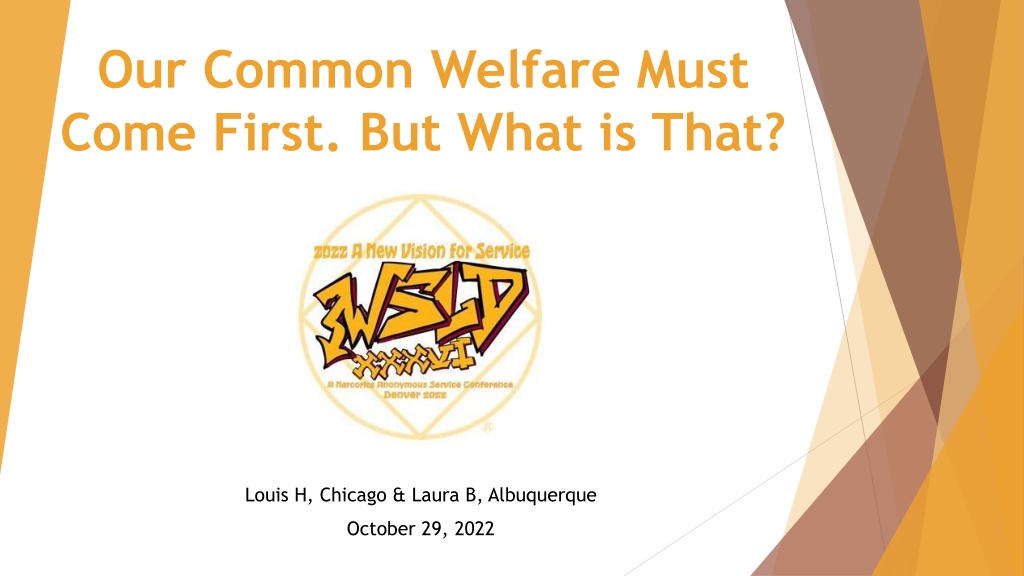
 undefined
undefined


